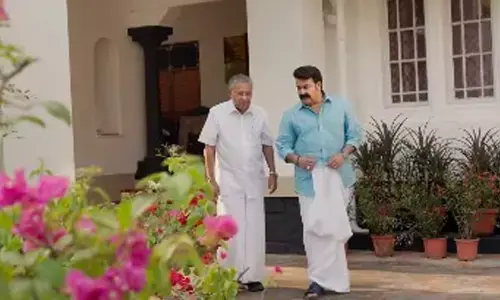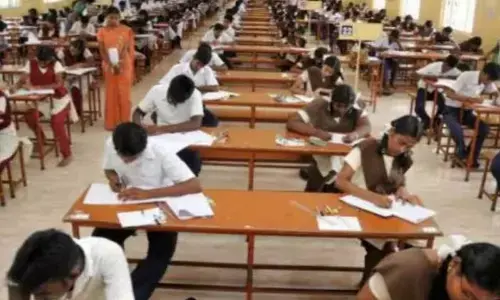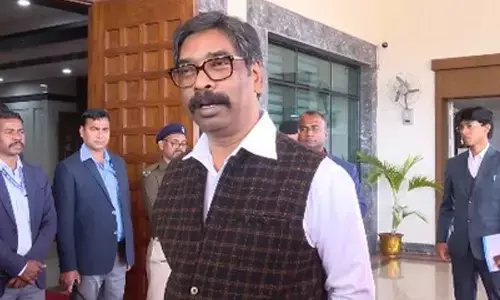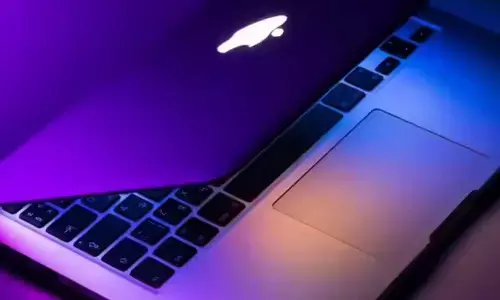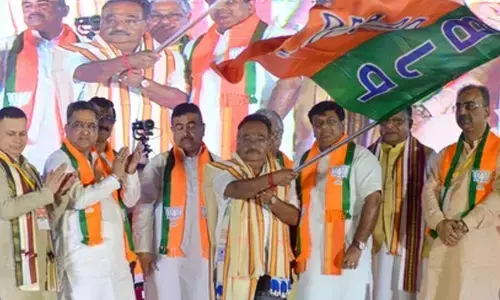What is Public Interest Litigation?
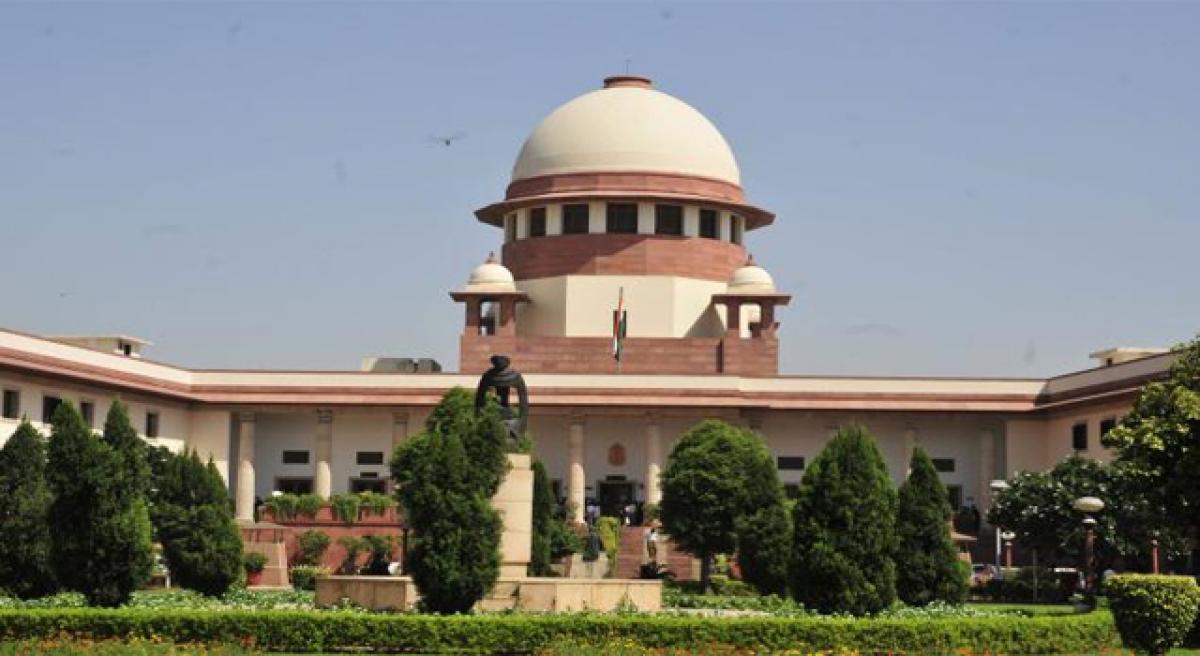
Public Interest Litigation (PIL), means a legal action initiated in a court of law for the enforcement of public interest or general interest in which the public or class of the community have pecuniary interest or some interest by which their legal rights or liabilities are affected.\"
Public Interest Litigation (PIL), means a legal action initiated in a court of law for the enforcement of public interest or general interest in which the public or class of the community have pecuniary interest or some interest by which their legal rights or liabilities are affected."
Public Interest Litigation's explicit purpose is to alienate the suffering off all those who have borne the burnt of insensitive treatment at the hands of fellow human being. Transparency in public life & fair judicial action are the right answer to check increasing menace of violation of legal rights. Traditional rule was that the right to move the Supreme Court is only available to those whose fundamental rights are infringed.
A Public Interest Litigation (PIL) can be filed in any High Court or directly in the Supreme Court. PIL is a right given to the socially conscious member or a public spirited NGO to espouse a public cause by seeking judicial for redressal of public injury.
Such injury may arise from breach of public duty or due to a violation of some provision of the Constitution. Public interest litigation is the device by which public participation in judicial review of administrative action is assured. It has the effect of making judicial process little more democratic.
No petition involving individual/ personal matter shall be entertained as a PIL matter except as indicated hereinafter. In United States of America, we call this as a Social Interest Litigation.
Peoples Union for Democratic Rights vs Union of India ( A.I.R.. 1982) The court now permits Public Interest Litigation at the instance of " Public spirited citizens" for the enforcement of constitutional & legal rights of any person or group of persons who because of their socially or economically disadvantaged position are unable to approach court for relief.
Public interest litigation is a part of the process of participate justice and standing in civil litigation of that pattern must have liberal reception at the judicial door steps.
Compilation of guidelines to be followed for entertaining letters/petitions received:
Letter-petitions falling under the following categories alone will ordinarily be entertained as Public Interest Litigation:-
(1) Bonded Labour matters.
(2) Neglected Children.
(3) Non-payment of minimum wages to workers and exploitation of casual workers and complaints of violation of Labour Laws (except in individual cases).
(4) Petitions from jails complaining of harassment and seeking release after having completed 14 years in jail, death in jail, transfer, release on personal bond, speedy trial as a fundamental right.
(5) Petitions against police for refusing to register a case, harassment by police and death in police custody.
(6) Petitions against atrocities on women, in particular harassment of bride, brideburning, rape, murder, kidnapping etc.
(7) Petitions complaining of harassment or torture of villagers by co- villagers or by police from persons belonging to Scheduled Caste and Scheduled Tribes and economically backward classes.
(8) Petitions pertaining to environmental pollution, disturbance of ecological balance, drugs, food adulteration, maintenance of heritage and culture, antiques, forest and wild life and other matters of public importance.
(9) Petitions from riot -victims.
(10) Family Pension.
All letter-petitions received in the PIL Cell will first be screened in the Cell and only such petitions as are covered by the above mentioned categories will be placed before a Judge to be nominated by Hon'ble the Chief Justice of India for directions after which the case will be listed before the Bench concerned.
Cases falling under the following categories will not be entertained as Public Interest Litigation and these may be returned to the petitioners or filed in the PIL Cell, as the case may be:
(1) Landlord-Tenant matters.
(2) Service matter and those pertaining to Pension and Gratuity.
(3) Complaints against Central/ State Government Departments and Local Bodies except those relating to item Nos. (1) to (10) above.
(4) Admission to medical and other educational institution.
(5) Petitions for early hearing of cases pending in High Courts and Subordinate Courts.
Public Interest Litigation is working as an important instrument of social change. It is working for the welfare of every section of society. It’s the sword of every one used only for taking the justice. The innovation of this legitimate instrument proved beneficial for the developing country like India.
PIL has been used as a strategy to combat the atrocities prevailing in society. It’s an institutional initiative towards the welfare of the needy class of the society.
In the Judges Transfer Case - AIR 1982, SC 149: Court held Public Interest Litigation can be filed by any member of public having sufficient interest for public injury arising from violation of legal rights so as to get judicial redress. This is absolutely necessary for maintaining Rule of law and accelerating the balance between law and justice.
It is a settled law that when a person approaches the court of equity in exercise of extraordinary jurisdiction, he should approach the court not only with clean hands but with clean mind, heart and with clean objectives.
Shriram Food & Fertiliser case AIR (1986) 2 SCC 176 SC through Public Interest Litigation directed the Co. Manufacturing hazardous & lethal chemical and gases posing danger to life and health of workmen & to take all necessary safety measures before re-opening the plant.
DC Wadhwa vs State of Bihar AIR (1986), Supreme Court held that a petitioner, a professor of political science who had done substantial research and deeply interested in ensuring proper implementation of the constitutional provisions, challenged the practice followed by the state of Bihar in repromulgating a number of ordinances without getting the approval of the legislature. The court held that the petitioner as a member of public has ‘sufficient interest’ to maintain a petition under Article 32.
In the case of MC Mehta vs Union of India (1988) 1 SCC 471 : In a Public Interest Litigation brought against Ganga water pollution so as to prevent any further pollution of Ganga water. Supreme court held that petitioner although not a riparian owner is entitled to move the court for the enforcement of statutory provisions , as he is the person interested in protecting the lives of the people who make use of Ganga water.
Parmanand Katara vs Union of India - AIR 1989, SC 2039 : Supreme Court held in the Public Interest Litigation filed by a human right activist fighting for general public interest that it is a paramount obligation of every member of medical profession to give medical aid to every injured citizen as soon as possible without waiting for any procedural formalities.
Council For Environment Legal Action vs Union Of India - (1996)5 SCC281 : Public Interest Litigation filed by registered voluntary organisation regarding economic degradation in coastal area. Supreme Court issued appropriate orders and directions for enforcing the laws to protect ecology.
A report entitled "Treat Prisoners Equally HC" published in THE TRIBUNE , Aug 23 Punjab & Haryana High Court quashed the provisions of jail manual dividing prisoners into A , B & C classes after holding that there cannot be any classification of convicts on the basis of their social status, education or habit of living .This is a remarkable ruling given by High Court by declaring 576-A paragraph of the manual to be " Unconstitutional".
State vs Union Of India - AIR 1996 Cal 181 at 218 : Public Interest Litigation is a strategic arm of the legal aid movement which intended to bring justice. Rule Of Law does not mean that the Protection of the law must be available only to a fortunate few or that the law should be allowed to be abused and misused by the vested interest.
In a recent ruling of Supreme Court on " GROWTH OF SLUMS" in Delhi through Public Interest Litigation initiated by lawyers BL Wadhera & Almitra Patel Court held that large area of public land is covered by the people living in slum area . Departments despite being giving a dig on the slum clearance, it has been found that more and more slums are coming into existence.
Instead of "Slum Clearance", there is "Slum Creation" in Delhi. As slums tended to increase; the Court directed the departments to take appropriate action to check the growth of slums and to create an environment worth for living.
Shreya Singhal vs Union Of India - The Landmark Sec. 66A Case: In quashing Section 66A, in Shreya Singhal, the Supreme Court has not only given afresh lease of life to free speech in India, but has also performed its role as a constitutional court for Indians.
The Court has provided the jurisprudence of free speech with an enhanced and rare clarity. Various provisions of IPC and Sections 66B and 67C of the IT Act are good enough to deal with all these crimes and it is incorrect to say that Section 66A has given rise to new forms of crimes.



